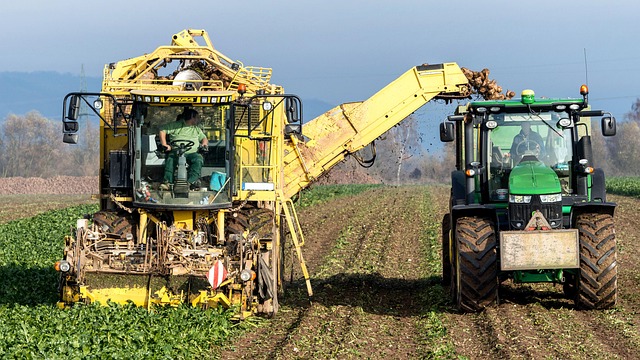In a world where our ecological footprint continues to expand, the urgency for sustainable development has never been more pressing. With the growing concerns surrounding climate change and environmental degradation, it’s clear that we need to rethink our relationship with the earth and how we manage our resources. One of the most promising avenues for achieving a carbon neutral future lies in the way we handle organic waste. By recognizing organic waste not as a problem but as a resource, we can unleash the power of green technologies and initiate a sustainable organic waste cycle that benefits our planet.
Organic waste encompasses the biodegradable components of our garbage, including food scraps, yard waste, and other natural materials. The current linear waste management system often leads to landfills, where this waste contributes significantly to greenhouse gas emissions. However, the transition to a circular economy offers a paradigm shift. Instead of discarding organic waste, we can process it through methods like composting and anaerobic digestion, converting it into valuable resources such as nutrient-rich compost or biogas. This not only mitigates emissions but also enriches our soils and provides renewable energy sources.
Implementing green technologies in the management of organic waste is key to driving this change. Technologies such as advanced composting systems, bio-digesters, and waste-to-energy solutions can efficiently handle organic waste, turning potential environmental hazards into sustainable energy and fertilizer. Imagine communities harnessing biogas from their food waste to power homes or using compost produced from their organic materials to rejuvenate their local parks and gardens. This creates a closed-loop system, where waste is continuously reintegrated into the cycle, reducing dependency on fossil fuels and chemical fertilizers.
Moreover, the sustainable management of organic waste is integral to our pursuit of carbon neutrality. By reducing the amount of organic waste that ends up in landfills, we can decrease methane emissions—a potent greenhouse gas with a significantly higher global warming potential than carbon dioxide. When we adopt practices that prioritize the composting and recycling of organic materials, we take substantial steps towards minimizing our carbon footprint.
To further amplify these efforts, individuals, communities, and businesses can engage in practices that prioritize ecological responsibility. Public awareness campaigns promoting composting, local food systems, and sustainable practices are vital for fostering a culture that embraces the organic waste cycle. By empowering citizens to participate in local waste management initiatives, we can create a movement toward sustainability that resonates in every aspect of our lives.
Ultimately, the journey toward a carbon neutral future is intertwined with how we perceive and manage organic waste. It’s a collective responsibility that extends beyond individual actions and touches the very fabric of our communities and ecosystems. Together, by harnessing green technologies and championing sustainable practices, we can transform organic waste from a burden into a boon, paving the way for a healthier planet for generations to come.




